Emmanuel Macron has once again targeted Turkey’s national interests in the eastern Mediterranean, where France has no coast, disguising his attack as criticism of only the Turkish President Recep Tayyip Erdogan.
There are deep differences between Turkey and Greece and its allies in the region over several issues, ranging from exploration efforts of recently discovered rich gas reserves, to other maritime rights. France’s backing of Greece has escalated tensions in the eastern Mediterranean.
“We must be tough with the Turkish government and not with the Turkish people, who deserve more than the Erdogan government,” said Macron, ahead of a Med-7 Summit meeting in Corsica yesterday, threatening Ankara in stark terms.
He appears to have little understanding of the nature of Turkish politics, where both the government and much of the opposition usually hold a united front on major foreign political issues like Cyprus and the eastern Mediterranean.
After Macron’s statement, the AK Party-led government, as well as the country’s main opposition party, harshly criticised the French President for his comments regarding Turkey’s policy for this region.
“Our president has always drawn his power from the Turkish people. The Turkish people and the government have always had one heart in the face of such delusions and will continue to do so,” said Omer Celik, the AK Party spokesman.
Bulent Kusoglu, the CHP’s deputy chairman, has also spoken very similarly to Celik.
“This is our national issue. Foreign policy is a national issue for us,” asserted Kusoglu.
Regarding Macron’s statement of separating Erdogan from the Turkish people and targeting the President himself, the CHP top official also spoke very clearly and similarly to Celik.
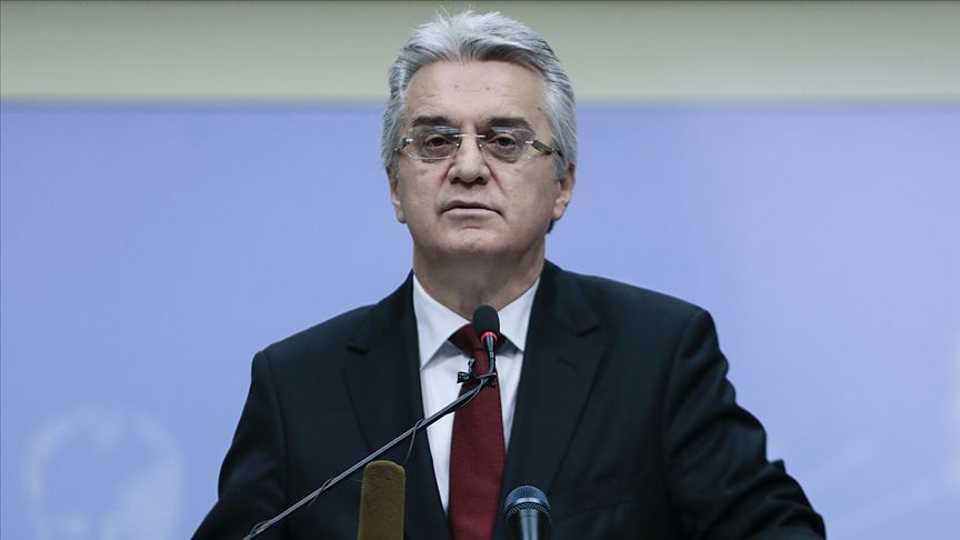
“In domestic matters, we separate Erdogan and internal problems, but we cannot make such a distinction in national issues,” said Kusoglu during an interview with Turkey’s Anadolu Agency.
“In such issues, we [always] support the government. Of course, we do not separate the Turkish people from the Erdogan government as they [the French and other foreign powers] do,” he continued.
“We shouldn’t separate,” Kusoglu concluded.
IYI party, another opposition party and an ally of the CHP, has also consistently supported Erdogan’s stance on the eastern Mediterranean.
Turkish political forces’ reaction to the Macron statement has served as a reminder of US Democratic presidential candidate Joe Biden’s controversial comments on Erdogan and how the US should support the Turkish opposition against the Turkish President.
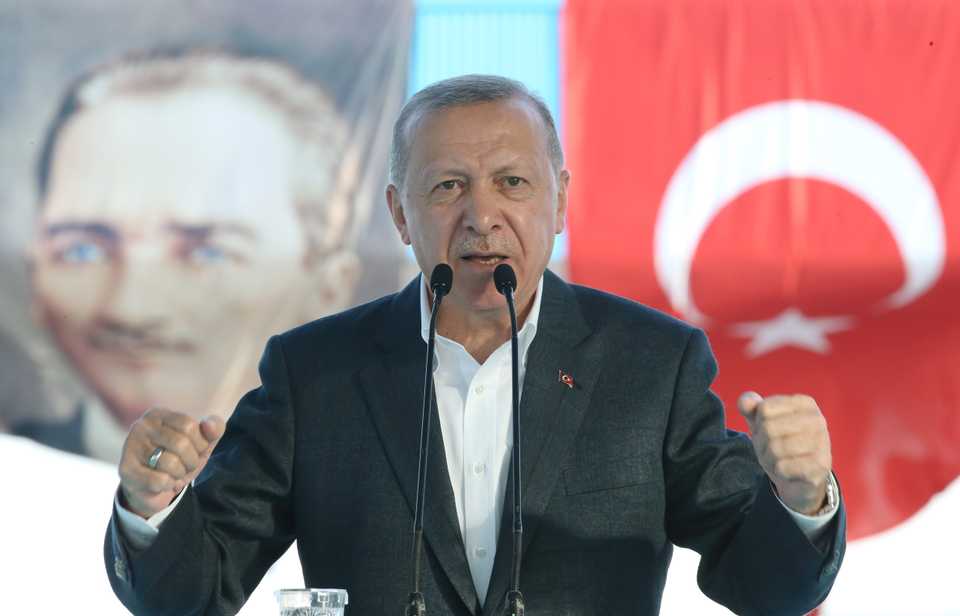
After the publication of the Biden interview with the New York Times, which was conducted in December, much of Turkey’s opposition criticised Biden’s plans, urging him to stay away from Turkish politics.
Although Macron did not mention the opposition, many in Turkey took it as a signal that the French President was trying to stir up domestic politics on the issue.
What Macron invokes
Macron’s recent moves have led to suggestions that he sees himself as the second coming of France’s great leader Charles de Gaulle, the former decorated general and powerful president who led the country’s resistance against Germany’s occupied forces under Hitler during World War II.
But he is no De Gaulle, a man who ascended to the top political post after the war, reestablishing the country.
Macron’s incendiary language towards Turkey has invoked old memories of an invader, which secretly planned to divide the territories of the Ottoman Empire, the predecessor state of Turkey, and backed a Western-orchestrated occupation of Anatolia by the Greeks a century ago.
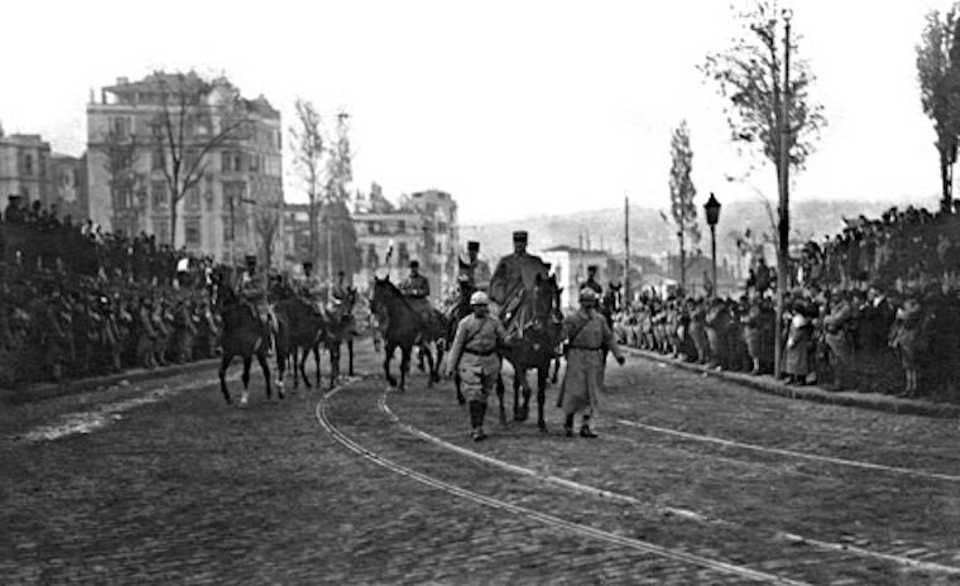
Turkish national forces, led by Mustafa Kemal Ataturk, the founding father of the country, defeated the Greeks and its Western allies including the French during the War of Independence.
What Macron does not understand about Turkey
Despite their disagreements, Turkey’s main political groups have repeatedly shown that they could unite to fight the common enemy – be it the Greeks, the Russians, the British or the French – in difficult times.
During the 1974 Cyprus operation, Turkey had been governed by an odd coalition. The Republican People’s Party (CHP), regarded as a secularist leftist party established by Ataturk, and the National Salvation Party (MSP), a fierce opponent of the CHP policies as a religiously-minded right-wing party, were the two partners in the coalition at the time.
But when Greece began operating under the political doctrine, ‘Enosis’, which aimed to join Cyprus with Greece as it did with Crete, Turkey’s political forces did not miss a beat.
In July 1974, following a short-lived Greek-orchestrated coup on the island aimed at a union with Greece, the CHP-MSP government unanimously decided to intervene in the northern part of Cyprus with the intention of protecting the Turkish population.
Despite the US embargo threats and opposition from other corners of the world, Turkey’s back-to-back operations continued, securing the northern part of the island along with its Turkish population, showing once again that in difficult times, the raison d’etre of the Turkish nation would overcome all other disagreements or differences.
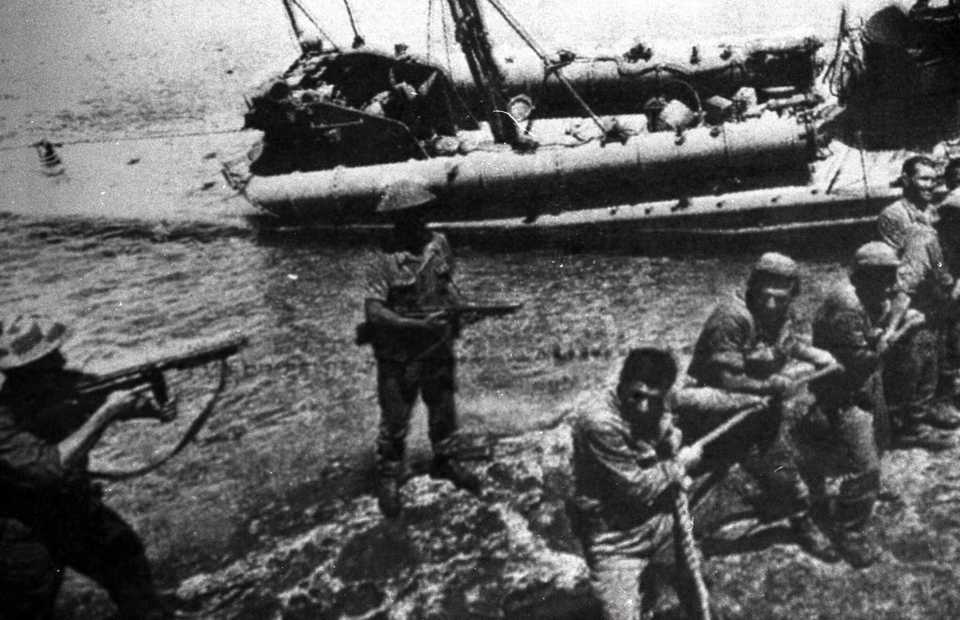
Since then, Turkey has been led by several different governments, but its Cyprus policy has not changed.
Turkish political wings and the eastern Mediterranean
Cyprus is located in the middle of the eastern Mediterranean, and its contentious nature has been one of the leading reasons for Turkey’s disagreements with Greece and its allied Greek Cypriots in the region.
Macron appears convinced that Turkey’s decisive eastern Mediterranean policy is just an Erdogan-made policy.
However, he is wrong on several counts.
The Blue Homeland, Turkey’s new assertive naval doctrine governing its seas from the Black Sea to the Aegean and the Mediterranean, which aims to bring a greater Turkish presence and a firm control over its maritime rights, was primarily devised by retired Turkish admiral, Cem Gurdeniz.
Gurdeniz, a man with fierce secularist views, has been known not to be an Erdogan supporter. Instead, he has criticised his policies at different times.
That said, on the eastern Mediterranean front, he is on the same page as Erdogan, supporting Turkey’s Libya deal on maritime rights, which he previously vociferously advocated.
He also firmly supports Turkey’s gas exploration efforts in the region and its opposition to Greek expansionism in both the Aegean and the Mediterranean.
The Blue Homeland has been supported by almost all Turkish political parties.

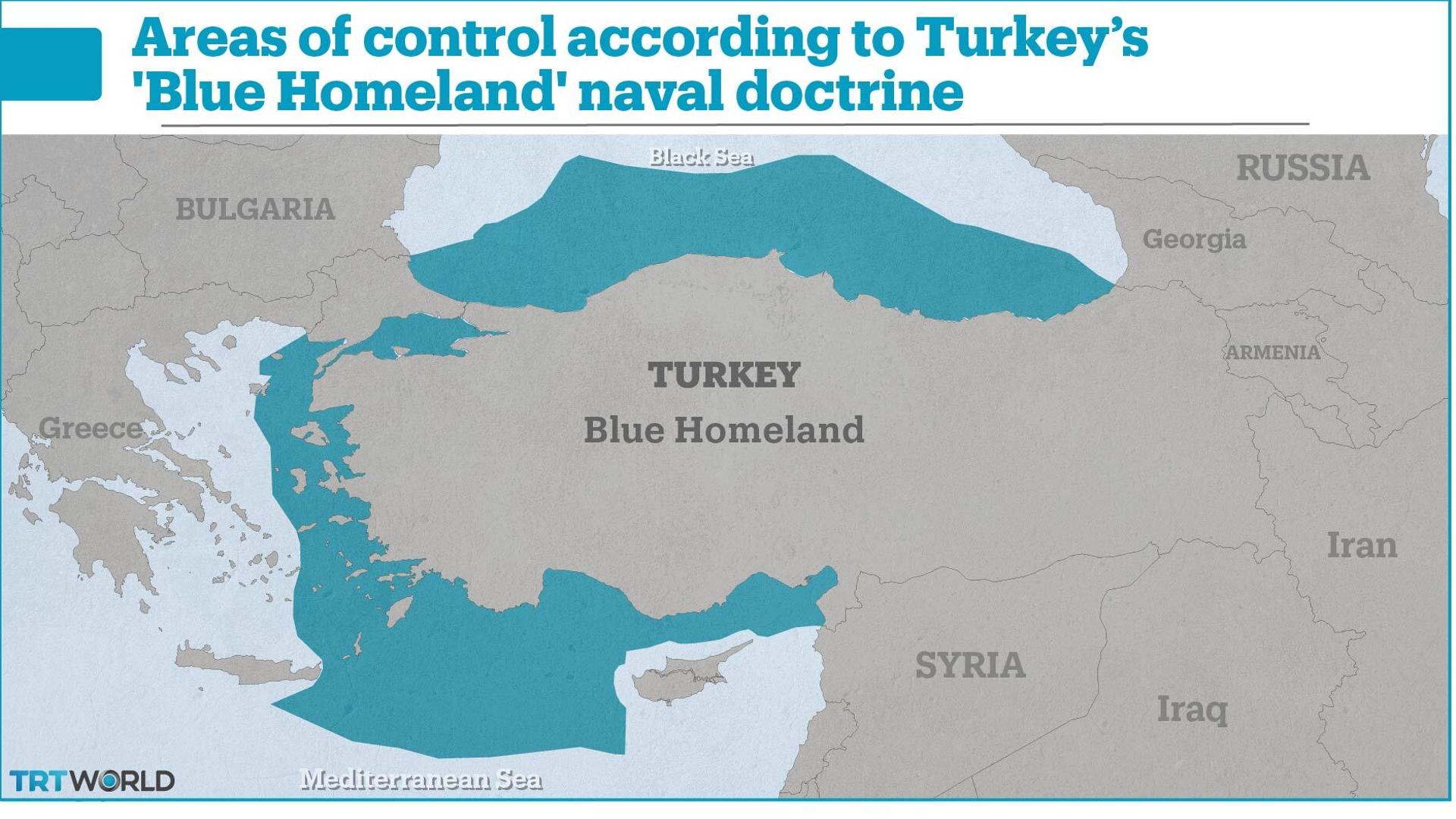








Discussion about this post